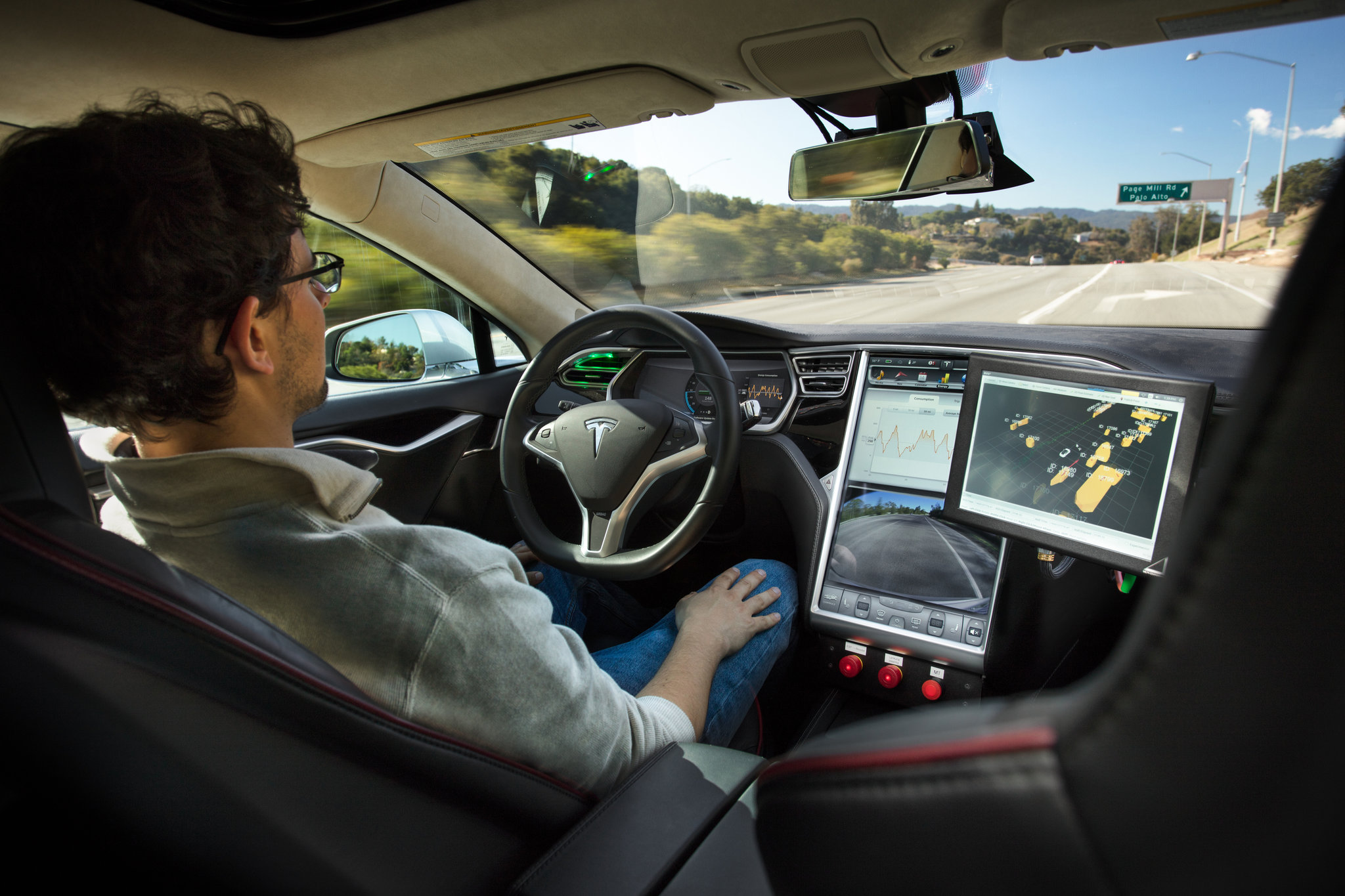The U.K.’s Automated Vehicles (AV) Act has received royal assent, marking a significant milestone in the country’s journey towards integrating self-driving cars into daily life. This legislation paves the way for fully autonomous vehicles to be operational on U.K. roads by 2026, supporting the government’s ambition to be at the forefront of the autonomous vehicle revolution.
Key Points of the AV Act:
- Legal Framework for Autonomous Vehicles:
- The AV Act establishes a comprehensive legal structure to regulate self-driving cars on British roads. This includes defining new legal roles and responsibilities for automated vehicle operators and manufacturers.
- Liability in Case of Accidents:
- One of the Act’s core aspects is liability in the event of a crash. The legislation clarifies that corporations, rather than human drivers, will be held responsible for incidents when the vehicle is in autonomous mode. This means that the manufacturer, software developer, or insurance company, identified as the “authorized self-driving entity,” will bear responsibility.
- Vehicle Approval and Safety:
- The government will implement a vehicle approval system supported by an independent incident investigation function. Companies approved to operate autonomous vehicles must adhere to ongoing safety obligations to ensure the vehicles are reliable and secure.
Background and Development:
The groundwork for this legislation was laid out in a 2022 joint report by the Law Commissions of England, Wales, and Scotland, highlighting the necessity of a new regulatory framework for automated vehicles. This report underscored the profound legal implications of autonomous vehicles, advocating for primary legislation to manage their integration.
Support for Innovation:
The U.K. has shown strong support for the autonomous vehicle industry through funding various AV projects and research programs. For example, U.K.-based Wayve recently raised over $1 billion to develop a self-learning software system for autonomous vehicles, with investments from high-profile companies such as SoftBank, Nvidia, and Microsoft.
Potential Benefits:
The government promotes the potential safety advantages of self-driving cars, emphasizing their ability to eliminate human error on the roads. However, it also acknowledges that accidents will still occur, which necessitates a clear framework for liability and safety.
Comparison with Other Regions:
The U.K.’s approach contrasts with other regions like California, where autonomous vehicle regulations are also evolving. In the U.S., companies like Tesla and Waymo are leading the charge, and states are crafting their regulatory responses.
Conclusion:
The enactment of the AV Act positions the U.K. as a leader in the autonomous vehicle sector. By establishing clear legal guidelines and a robust safety framework, the U.K. aims to facilitate the safe and efficient deployment of self-driving cars, potentially transforming transportation and boosting the economy.
As Transport Secretary Mark Harper stated, this legislation not only sets the stage for the rollout of self-driving vehicles by 2026 but also represents a significant boost to both safety and the economy, ensuring that the U.K. remains at the cutting edge of automotive innovation.
